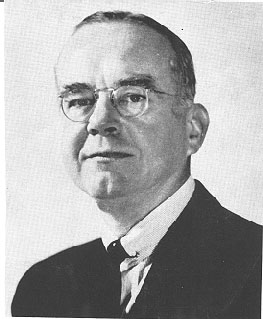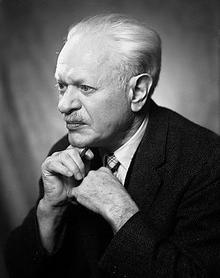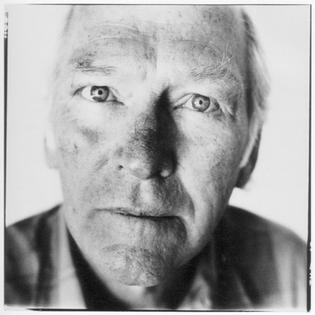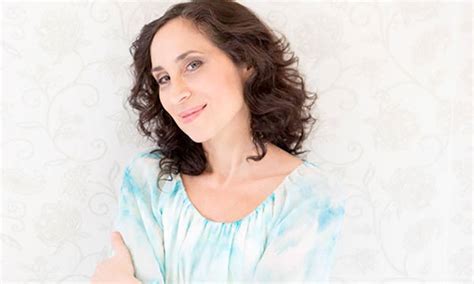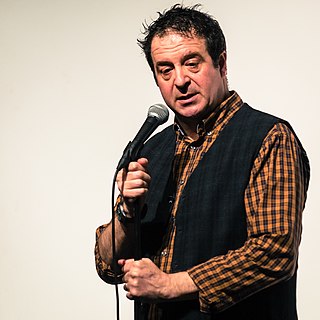A Quote by James Burnham
Modern liberalism, for most liberals is not a consciously understood set of rational beliefs, but a bundle of unexamined prejudices and conjoined sentiments. The basic ideas and beliefs seem more satisfactory when they are not made fully explicit, when they merely lurk rather obscurely in the background, coloring the rhetoric and adding a certain emotive glow.
Related Quotes
The brain is a stubborn organ. Once its primary set of beliefs has been established, the brain finds it difficult to integrate opposing ideas and beliefs. This has profound consequences for individuals and society and helps to explain why some people cannot abandon destructive beliefs, be they religious, political or psychological.
The therapist does not treat patients by simply giving them another set of beliefs. He or she tries to help them see which kinds of ideas and beliefs have led to their suffering. Many patients want to get rid of their painful feelings, but they do not want to get rid of their beliefs, the viewpoints that are the very roots of their feelings.
Holding on to beliefs limits our experience of life. That doesn't mean that beliefs or ideas or thinking is a problem; the stubborn attitude of having to have things be a particular way, grasping on to our beliefs and thoughts, all these cause the problems. To put it simply, using your belief system this way creates a situation in which you choose to be blind instead of being able to see, to be deaf instead of being able to hear, to be dead rather than alive, asleep rather than awake.
Our negative thoughts are valuable messages to us about our deeper fears and negative attitudes. These usually are so basic to our thinking and feeling that we don't realize they are beliefs at all. We assume that they are simply "the way life is." We may be consciously affirming and visualizing prosperity, but if our unconscious belief is that we don't deserve it, then we won't create it. Once we become aware of our core negative beliefs, they begin to heal.
